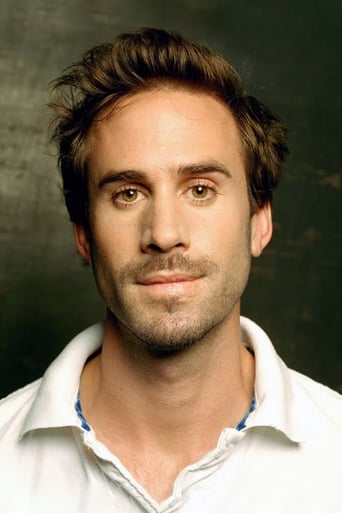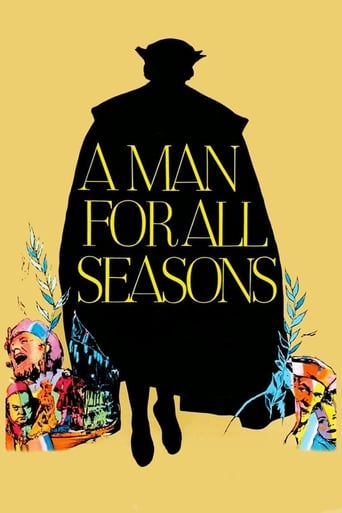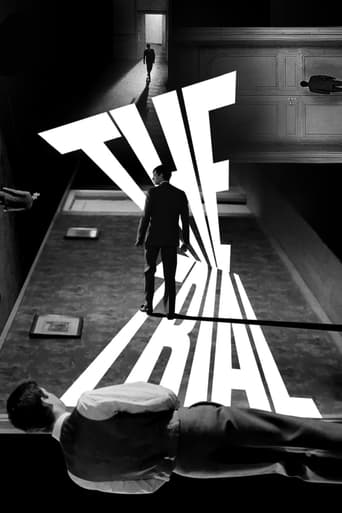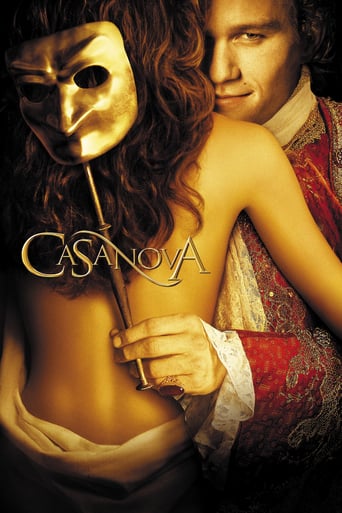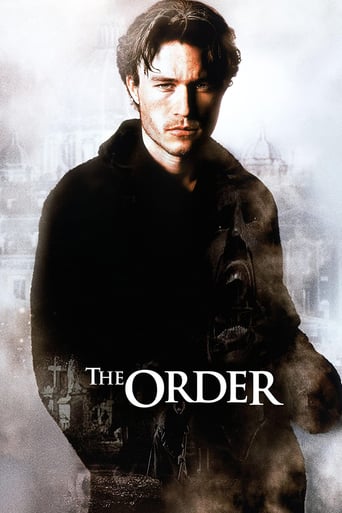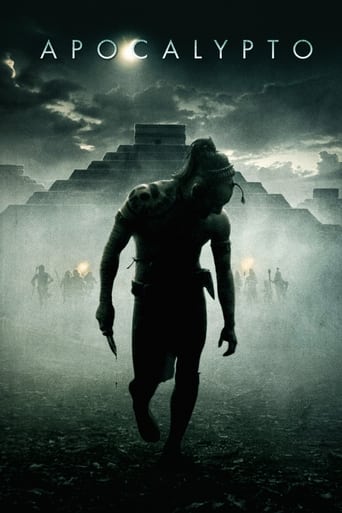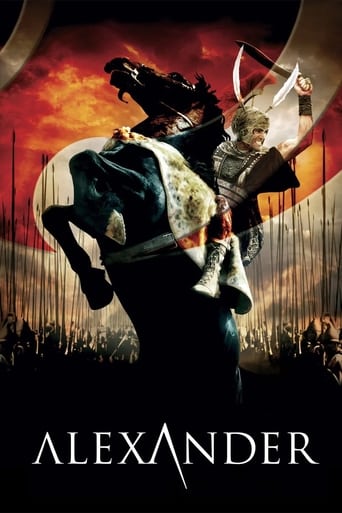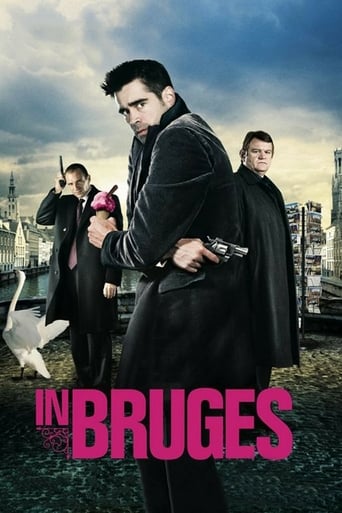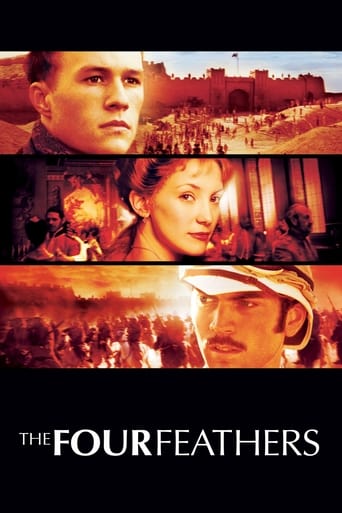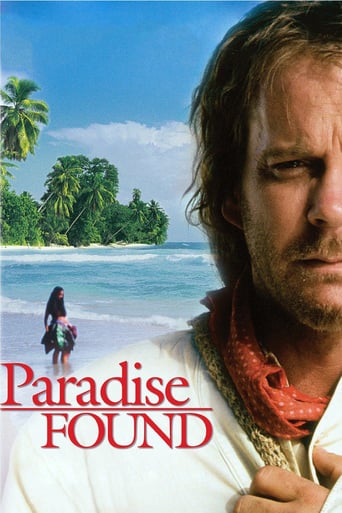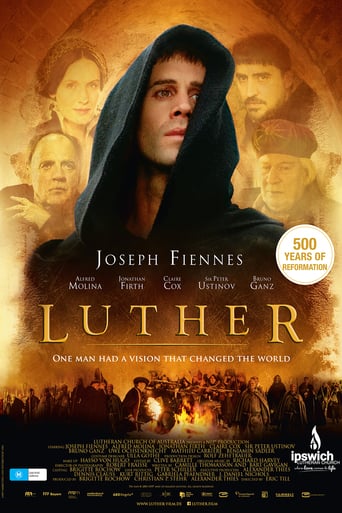

Luther (2003)
During the early 16th century, idealistic German monk Martin Luther, disgusted by the materialism in the church, begins the dialogue that will lead to the Protestant Reformation.
Watch Trailer
Cast


Similar titles
Reviews
I'm a bit of a history geek so I try to watch most of the movies that are set in a historical setting. Luther was, in the lack of a better word, interesting.There's some fine camera work, acting,the works but it just can't get top marks. It was too modern. Dialogues, interactions, it's too much 20th century. Luther speaks like a modern professor at the university, his students look like a bunch of twenty year olds who can't keep attention during class because they think where they will go out Friday night and so on. You just can't get immersed in the movie because of that.All in all, it's worth watching, but don't expect a masterpiece. 6/10*
Martin Luther was a rockstar. Now I won't pretend to be knowledgeable in theology or that I remember way back when to school years learning about the Reformation, so whether the ideas and words spoken in the film Luther are correct, I haven't a clue. However, either way I couldn't agree more with them. This is a man that never wanted a revolt; he never portrayed his views as an alternative to the Roman Catholic Church. No, he loved his religion and his God. The ideas and writings were in response to the tyranny of the Romans who usurped power as well as God's breath. The false idol of a Pope was beginning to create doctrines whether they meshed with scripture or not, as long as they were bringing money into the church. With the selling of indulgences to allow for the passage of deceased relatives into Heaven or to save your own soul from sins, we were given the biggest con ever. These people were peasants, unable to read the Bible for which they devoted their lives. They were duped into giving their savings to the church that wouldn't give them the decency of letting their own ideas and interpretations ferment. Luther saw this blasphemy and sought to rid the religion he held so dear of it. When asked to come before the Pope, he seriously thought he'd be able to prove his point and reform a broken system, instead he was given the truththe Pope wasn't interested in change, he was a proponent of the tyranny himself.It isn't that the idea of Catholocism is false; it is just that it is broken by the greed and business of humanity. God should speak to us without the need of a proxy. That middleman seems to only cause hatred and doubt for when one strays from the norm. Luther saw that everything bad about Catholicism was against the scripture of God himself. He could prove his words if only they had given him a chance. According to this film, Luther did not incite the Protestant Reformation, the Catholic Church did so themselves. If only they had listened and looked past the money and the power, they could have united their religion, as Luther wanted, instead they allowed him to be their enemy and gather strength. Sometimes that strength used his name in vain with words such as "learn to despise props and pretensions" as one man strips another of his crucifix, but it is that passion and misguided anger that erupts from a polarized event such as the attempt to prove Luther a heretic. We would not have religious freedom without the gumption and confidence of this theologian. Whether one agrees with what he did or not, you cannot deny him gratitude for that.Does Luther succeed as a piece of work? I must say yes; I couldn't have been made as passionate about the cause as I was without their being some success on the part of those involved. Nothing is really done spectacularly or jumps off the screen screaming genius; no this is a very straightforward and solid film. It does what it sets out to do and never tries to be flashy or inventive because that was not the purpose. The filmmakers set out to tell the tale of a man that is a hero to many, whether they align with his ideas or not. Had Luther not stood up to the Catholics, we in America may still be partaking in the Inquisition, burning friends of yours at the stake for being Lutheran, Methodist, Mormon, Muslin, etc. The beauty of freedom is that you don't have to agree, just agree to disagree. One can be passionate and outspoken, but you don't have to listen. You have the freedom to walk away, not the freedom to repress.As with the story and movie itself, the acting is quite solid too. Joseph Fiennes shows once again that he is the go-to guy for Shakespeare and period pieces, (has he ever done something else?). The moments when he wrestles with his inner demons are intense as are the quiet reflections as he tries to compose an argument in his head so that he can be true to his ideals, true to his faith and God, yet still go against the rules while attempting to keep his life. Of specific mention besides Fiennes would be Peter Ustinov, Jochen Horst, and Bruno Ganz. I'm not sure whether my praise is for Ustinov's performance or for the resilience of moral fortitude on the part of his character Frederick the Wise. He may not agree with the strong words of his professor Luther, but that doesn't excuse the fact that he should be allowed to continue to preach. When Ustinov breaks down after seeing the way the Papacy thought they could bribe him, I couldn't think of a more memorable scene. And when he is given the German translation of the Biblethe most fierce weapon imaginable for the Church as it allowed the commoner the ability to read God's words himselfyou can't help but smile at his absolute glee.Horst is great as a fellow professor in Wittenberg who at first questions this young unconfident monk. Soon though he buys into the rhetoric and becomes his staunchest supporter to the end of being a bit too overzealous. He takes the mantle of Luther to violence and revoltmaybe this was the obvious next step, but Luther would have never gone there himself. And of course there is Ganz. This guy is solid and never takes a wrong turn. As Luther's spiritual father, Ganz is the reason he is sent to teach and spread his ideas. He always wanted his pupil to change the world and rid Catholicism of its poison, however, he never saw the pain and suffering that change would lead to before the dust was to settle into harmony.
It's the early 16th century, and the Christian faith has become awash in stifling legalism and meaningless traditions. There's corruption and greed and superstition and many priests live an openly unrighteous life. There's a fanatical devotion to the church and its rituals, but not really to Christ. Into the midst of the situation steps - somewhat unwillingly - Martin Luther. This movie is his story.Joseph Fiennes offers a stunning performance in the lead role, portraying a Luther tormented by Satan, increasingly questioning the church he serves as a priest and coming into ever increasing conflict with its hierarchy, especially after a visit to Rome exposes him directly to some of the more sordid aspects of the increasingly worldly church. Finally, an open schism occurs and a new movement - which would one day be known as Protestantism - is born, which preaches salvation not through the church, but through simple faith in Christ. One gets the impression from this movie that Luther isn't really happy with the breach in Christendom; that his real goal was to reform the church but not to split it apart. Luther's passion for the Scriptures is brought out, as is his passion for making the Scriptures accessible to God's people by translating it from Latin (and from the original Greek) into German. Clearly, though, the portrayal is of a man not entirely comfortable with the position he acquires and who has to fight desperately to prevent the movement his teachings started from causing society to descend into chaos.There were some solid performances as well from Peter Ustinov as Luther's protector, Prince Frederick, and from Torben Liebrecht as the young Emperor Charles, whose position is threatened by the schism. Jonathon Firth was also convincing as Girolamo Aleander, the Pope's representative on the scene, whose goal is to crush Luther and his movement before it spreads.Much like Luther's life, the movie - which is always good - picks up speed as it moves along and is always interesting viewing. Interestingly, one of the most dramatic and moving scenes in the movie doesn't even involve Luther, when the German princes stand up to Emperor Charles and refuse his command to silence Luther and his doctrines.One criticism that should be noted is that the movie fails to acknowledge the darker side of Luther's beliefs - his quite open anti-semitism, for example. Still, this is an excellent movie for anyone interested in Luther or the beginnings of the Reformation. 8/10
Its historical accuracy (and I know what I'm talking about I am highly interested in church history) coupled with surprisingly good acting makes this film rise above many others I have seen. I could not have expected such quality from a film of it's production values (in fact I didn't). Also It does fairly well with not being overly cruel to the Catholics. It portrays them fairly with out being unrealistic (I was concerned it would just be a huge Catholic bashing fest when I went in). As for direction I found it pleasantly exciting, not Spielberg by any means but the film was made in and extremely interesting manner. Allow me to elaborate, the film is generally cut into very short scenes and switches rapidly (accept for scene's of special significance for witch it takes more time obviously). This style gives the film a well earned since of pace that make it far more exciting than any film I have seen in this genre. It is a must see!!


